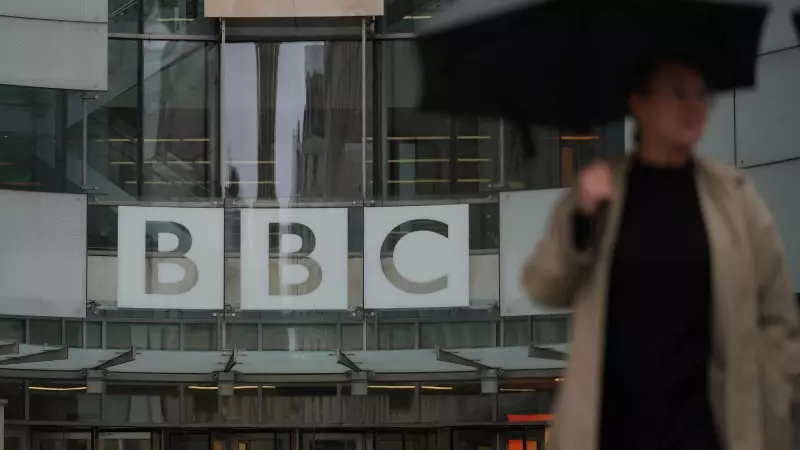
The British Broadcasting Corporation (BBC), one of the world's most respected media organizations, is currently navigating its most severe institutional crisis in decades. The turmoil stems from allegations involving a high-profile presenter and a young person, raising serious questions about the corporation's internal processes and ethical standards.
The Scandal That Shook the BBC
The crisis erupted publicly when The Sun newspaper published allegations on July 6, 2023, claiming an unnamed BBC presenter had paid a teenager for sexually explicit photographs. According to reports, the payments totaled more than £35,000 over three years, starting when the young person was 17 years old.
As public pressure mounted, the BBC confirmed on July 10, 2023 that it had received a complaint about the presenter in May. The situation intensified when the young person's mother detailed her concerns about the presenter's behavior, including allegations that he had requested explicit images and had broken lockdown rules to meet their child.
The identity of the presenter remained shrouded in speculation for days, with several prominent BBC figures forced to publicly deny their involvement. The situation reached its climax when Huw Edwards, one of the BBC's most recognizable news anchors, was identified by his wife as the presenter in question on July 12.
Timeline of Events and BBC's Response
The BBC's handling of the situation has come under intense scrutiny. The corporation first learned about the allegations in May 2023, when the family complained to BBC Studios. However, the complaint didn't reach senior news management until July 6, the same day The Sun published its story.
BBC Director-General Tim Davie faced mounting pressure to address the growing crisis. The corporation initiated an internal investigation and suspended the presenter on July 9. Meanwhile, the Metropolitan Police began assessing the information to determine if any criminal investigation was warranted.
In a significant development, Vicky Flind, Huw Edwards' wife, issued a statement on July 12 revealing her husband was the presenter at the center of the scandal. She disclosed that Edwards was suffering from serious mental health issues and had been hospitalized. Her statement emphasized that Edwards intended to respond to the allegations once he was well enough to do so.
Broader Implications for the BBC
This scandal represents more than just a personnel issue for the BBC. It strikes at the heart of the corporation's reputation and raises fundamental questions about its governance and culture. The BBC finds itself navigating multiple challenges simultaneously: addressing the specific allegations, managing its public reputation, and examining its internal complaint handling processes.
The crisis comes at a particularly sensitive time for the broadcaster, which is funded by the television license fee paid by British households. With the charter renewal process approaching, the corporation faces increased political scrutiny about its funding model and purpose.
Beyond the immediate scandal, the BBC continues to grapple with other significant challenges. The organization has announced plans to cut 1,000 hours of television programming from its BBC Two channel and merge its national and international news channels. These changes reflect broader financial pressures and shifting media consumption patterns that have forced difficult decisions about the broadcaster's future direction.
As the investigation continues, the BBC must confront difficult questions about its internal culture, complaint handling procedures, and the balance between protecting employees' privacy and addressing serious allegations transparently. The outcome of this crisis will likely shape the corporation's trajectory for years to come, potentially influencing everything from its leadership structure to its fundamental relationship with the British public.






